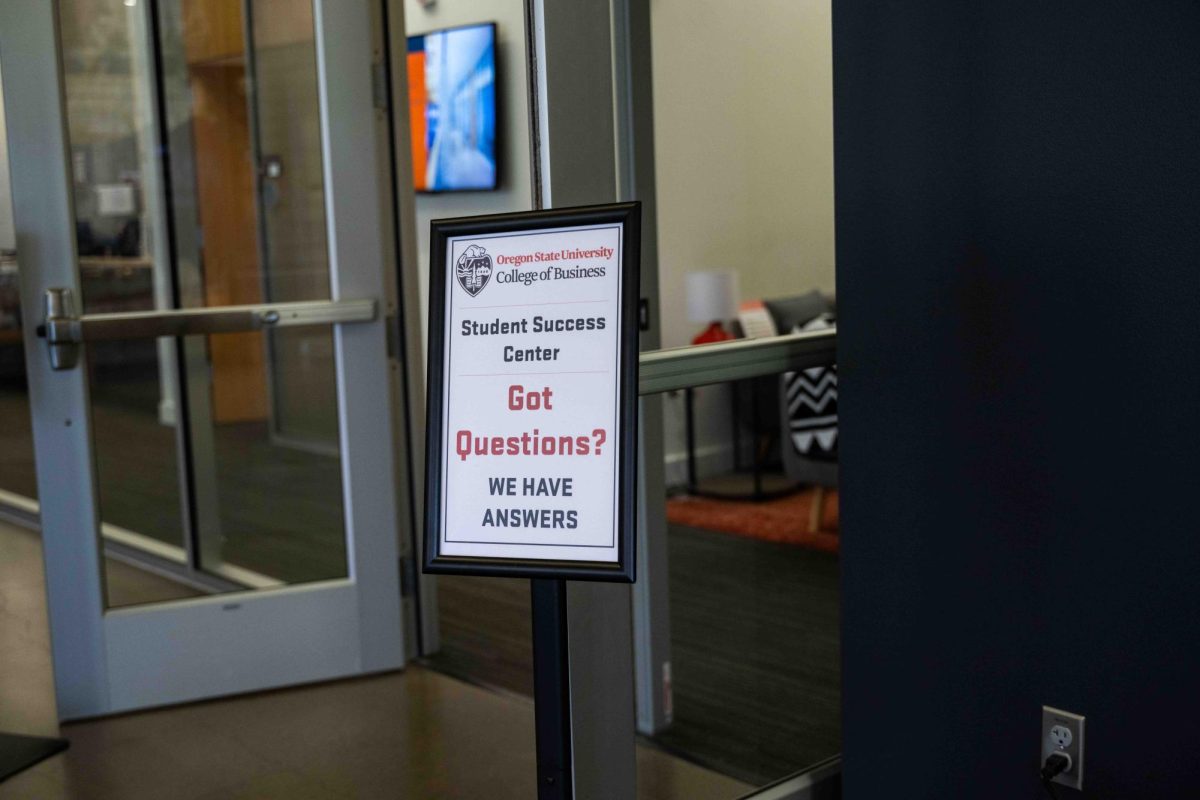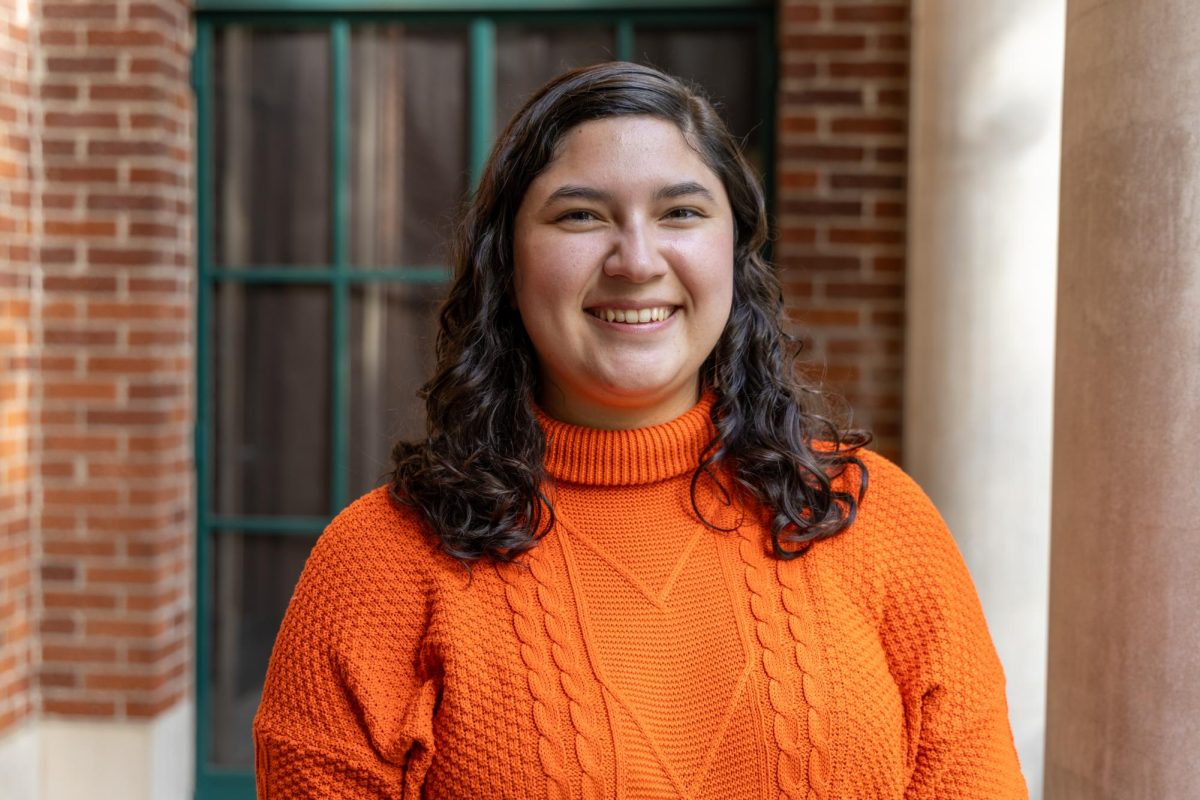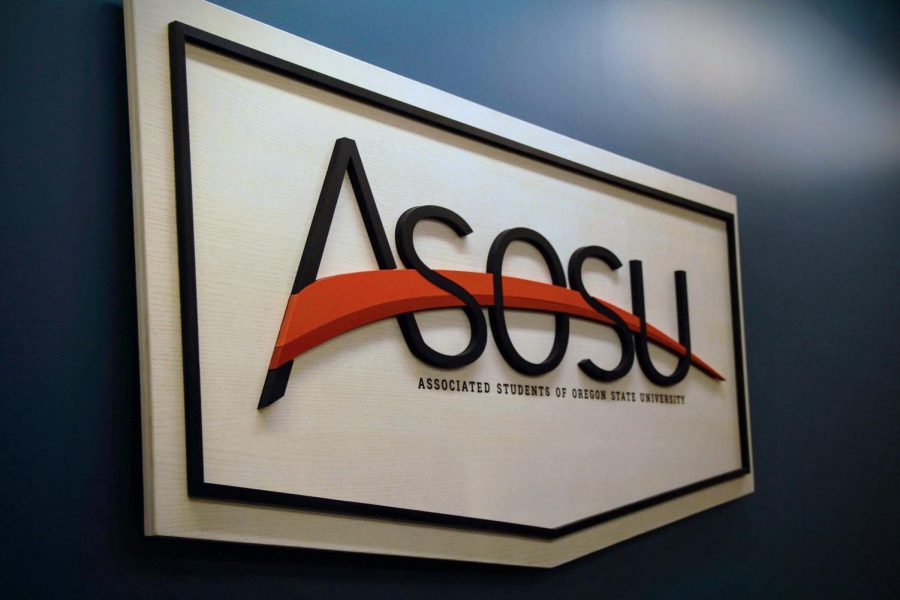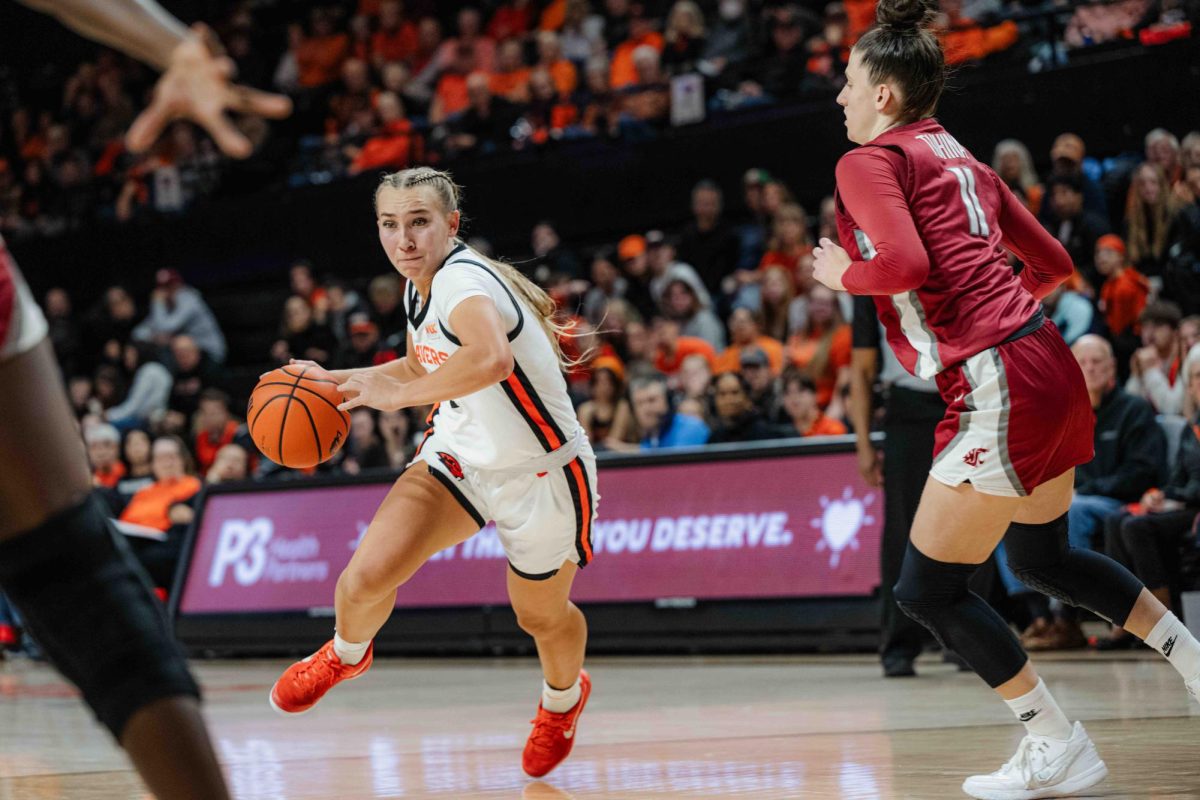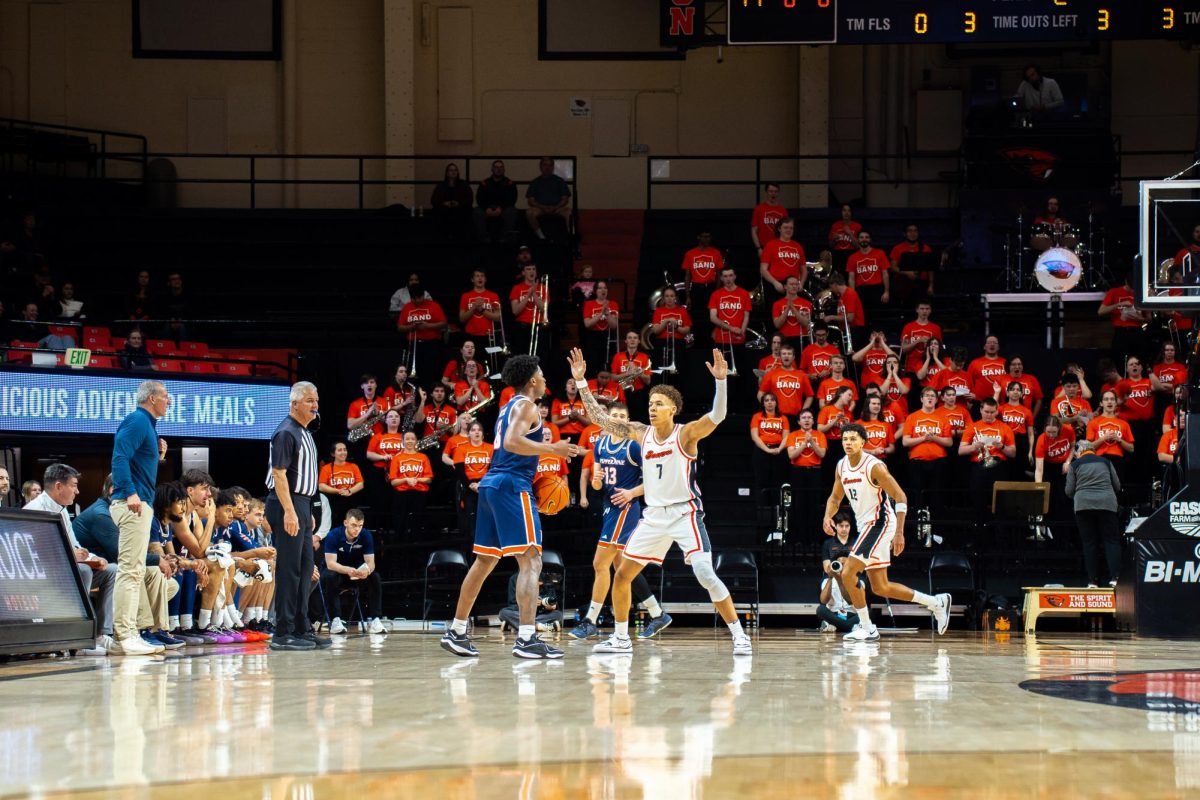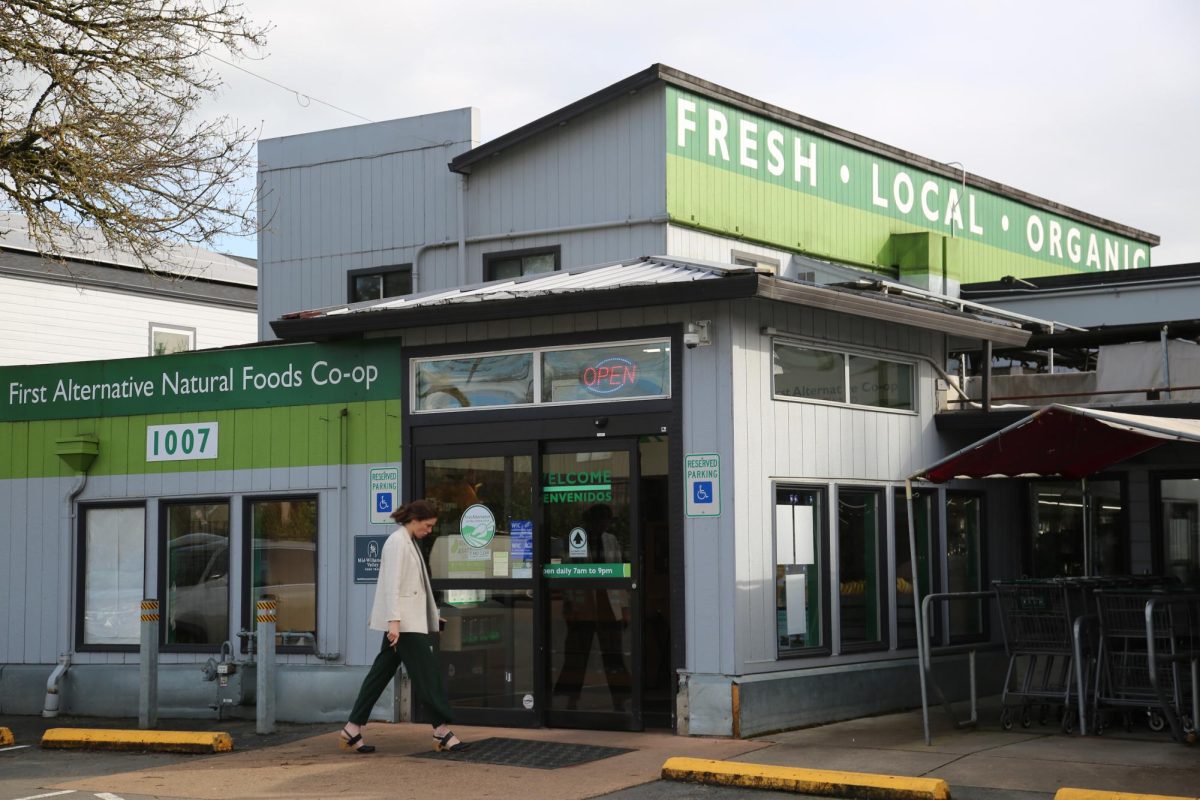For south Corvallis residents, finding groceries can mean choosing between a handful of grocery stores, sparsely populated throughout the area and too far to walk to.
Aliza Tuttle, a research associate at Research Associate at Portland State University, defined in an email that an urban food desert is “a USDA Economic Research Service proxy for food accessibility. It’s defined as a low-income (20% below poverty) census tract where a third of the population lives more than half a mile from the nearest supermarket.”
According to Tuttle, one such location is south Corvallis, an area where students experience food insecurity at higher rates than the general population.
“Think of the impact of rent control on students’ pocketbooks, and if students were paying more affordable rent they could then afford more healthy food that helps our local economy and they could then buy foods that align with their values rather than being limited by affordability,” Tuttle said.
Victoria Roberts, an Oregon State University student, said Corvallis having a lack of accessible and sustainable food options in our low-income areas make these neighborhoods urban food deserts.
“The people of Corvallis, whether year-long residents or Oregon State University students, are all affected,” Roberts wrote for a project on Corvallis food insecurity in one of her classes at OSU. “Because Corvallis is a college town there are many areas where household income qualifies many citizens to be below the poverty level. When looking at income inequality in Corvallis, areas with higher income seem to have more solutions rather than problems.”
Students often fall into this demographic. Many students are away from home making little to no money.
Roberts says that in her experience as an out-of-state student, she has experienced this difficulty firsthand.
While Roberts now has better access to transportation and resources, she still sees the great contrast between her situation and those who still struggle to find nutritious and sustainable food.
Michele Colomb, founder of Corvallis Culinary Connections LLC and Capturing Cocktails LLC, is creating a food cart pod for the south side of Corvallis and expanding the area of the city for year-round food carts. She sees this as a gateway to entrepreneurship in the community and as a solution to an already existing problem of food insecurity.
Colomb has brought this idea of expanding food carts in Corvallis to new Economic Development Manager Chris Jacobs. Despite his support and a $600,000 grant for the project, implementation is moving rather slowly.
“Last I heard they were approaching the city council to propose adding the expansion topic to the council docket,” Colomb said. “I feel the city is supportive of this expansion which would be required to add a food cart pod outside the downtown core.”
Tuttle said that with the food cart pod expansions and the free public transportation that the city offers, Corvallis could take steps to allow more culturally appropriate food carts with extended hours, walkable grocery stores, provide more healthy and affordable options for the community and make Highway 99 more accessible for pedestrians and bikers.
“The university is a major employer and political force in Corvallis – students comprise almost half of the population and the vast majority of renters,” Tuttle said. “If the university advocated for rent control and liveable wages for their students, less powerful low-income longer term residents of Corvallis would benefit along with the students.”
For OSU, enhancing access to affordable, nutritious food on campus and facilitating connections to local food sources as well as subsidizing meal programs, partnering with local farms and improving transportation options are all actionable steps towards addressing food insecurity, according to Roberts.








